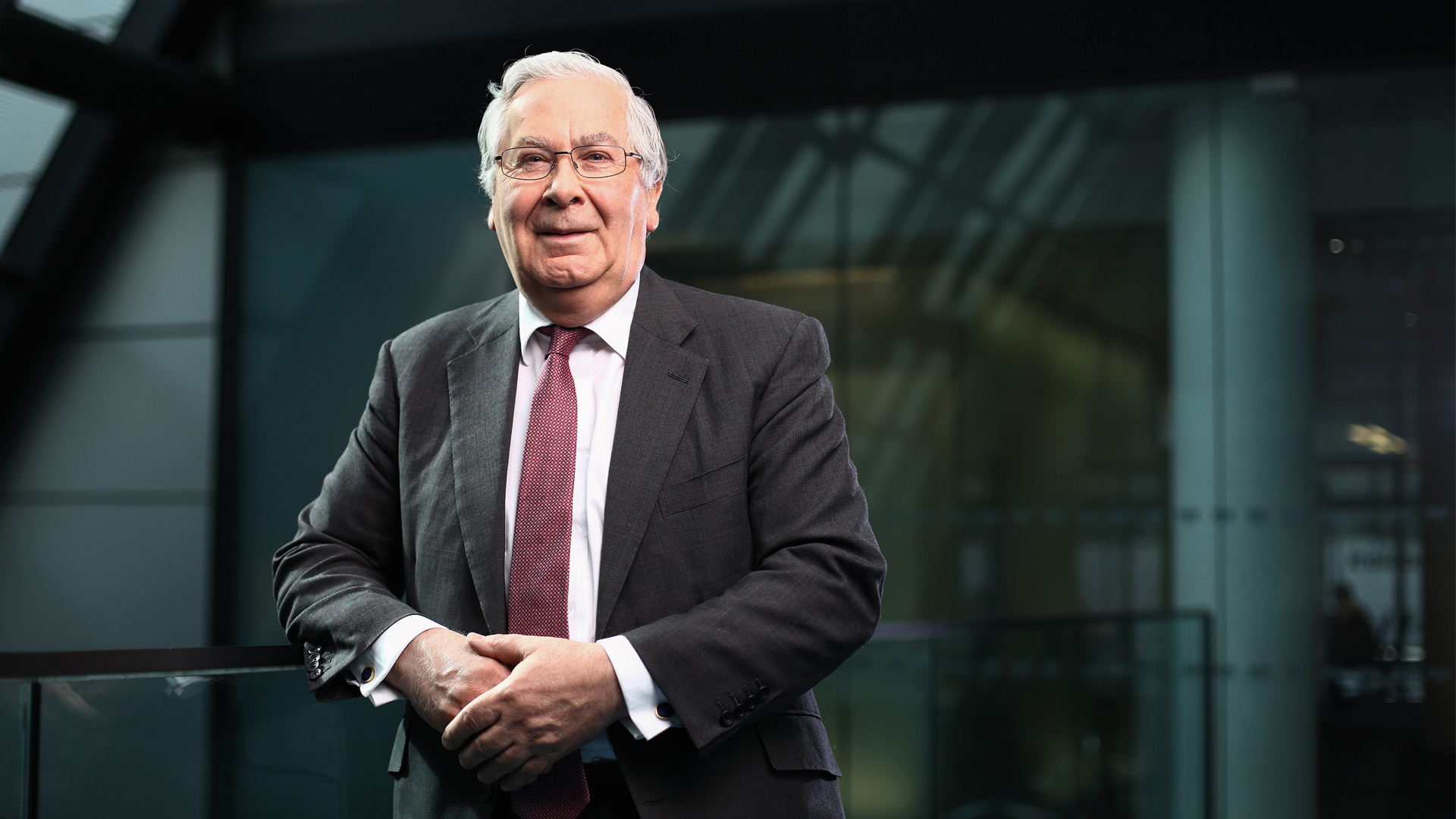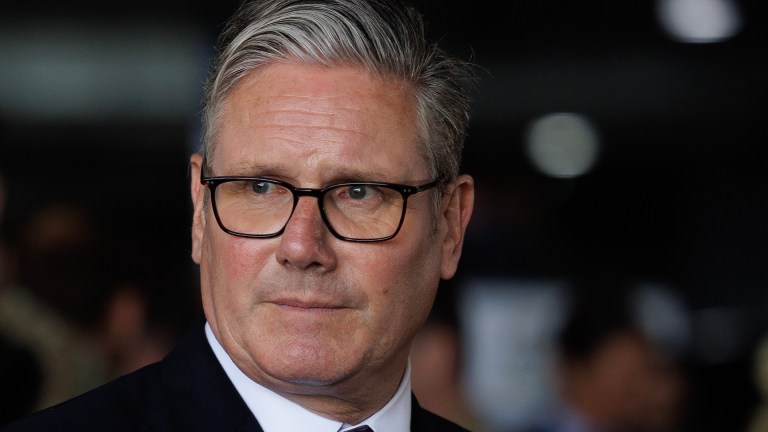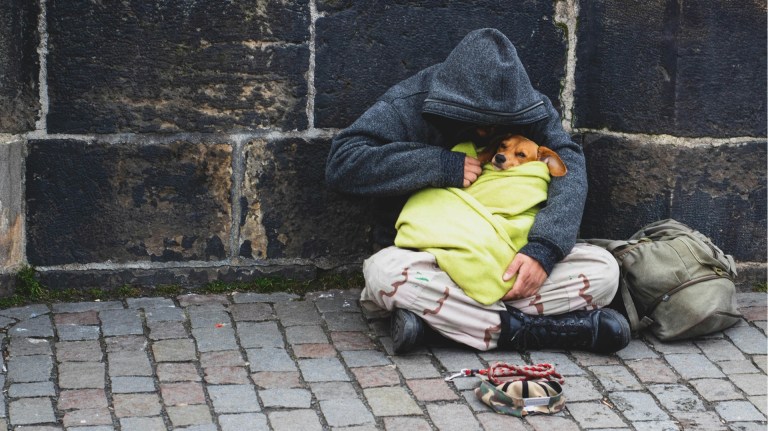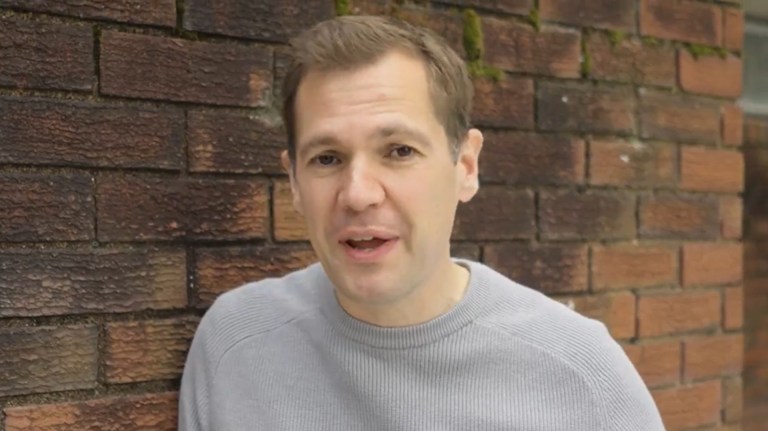The Big Issue: What lessons can we learn from the financial crisis of a decade ago?
Mervyn King: There are two lessons that we should apply now. First, ask the question ‘What is going on here?’ – this may seem banal, but it is not. In the financial crisis everyone focused initially on the symptoms – the shortage of liquidity and funding for banks. But the underlying cause was deeper – banks were unable to absorb potential losses because they were ‘undercapitalised’, in other words, they had not issued enough equity shares to absorb any losses that might arise from an uncertain future. Today, we need to find out the true spread of the virus before we can form any reliable predictions about the future path of the disease. Second, once the immediate epidemic has passed we need to boost the resilience and robustness of our health system. That was not done for the banking system before the financial crisis. The big ideas behind these lessons are discussed in the new book by John Kay and myself entitled Radical Uncertainty, published a few weeks ago.
Was the financial system altered to safeguard against future economic disasters?
After the crisis, the regulation of banks was improved to make them more resilient and robust. Because we live in a world of radical uncertainty, in which it is not possible to assess the probability or nature of any future crisis, the assessment of how resilient and robust the banking system should be is a matter of judgement. I would like to see us go somewhat further than we have. But this is a judgement, not an objective fact.
Has society become too complacent in expecting long-term steady growth and therefore doesn’t realise the reality of a serious, long-term recession?
After a long period of peace and prosperity, there is always the risk that we feel we are superior to past generations in preventing catastrophes. We are not. We need to use our greater prosperity to build in greater resilience and robustness of our economies, health systems, electricity supply and other key parts of our interconnected society.










